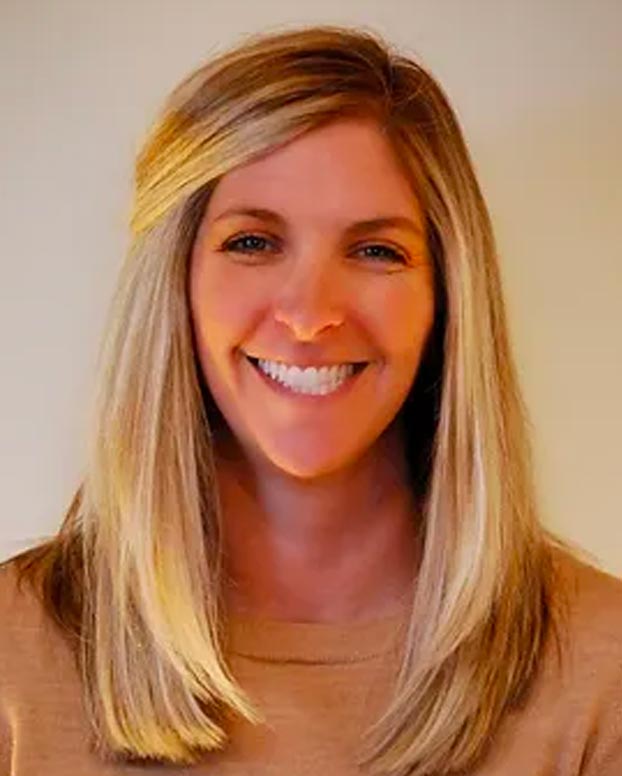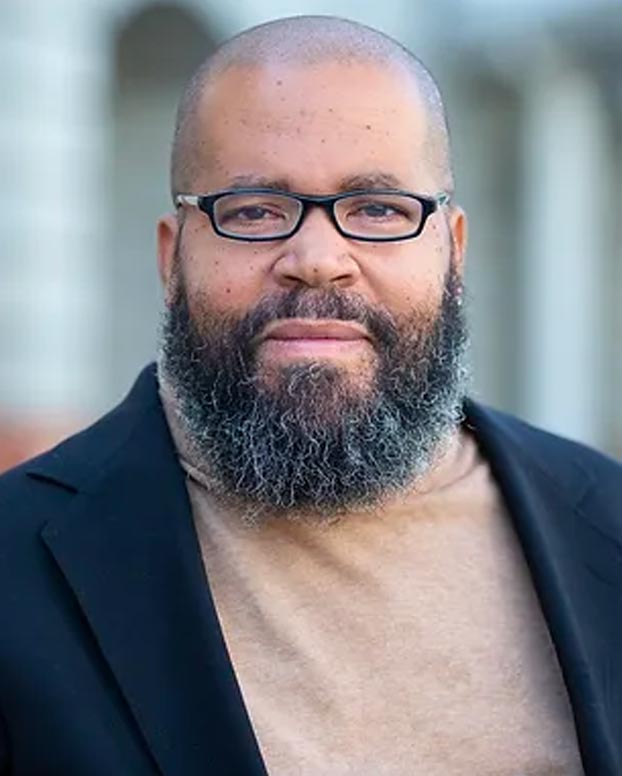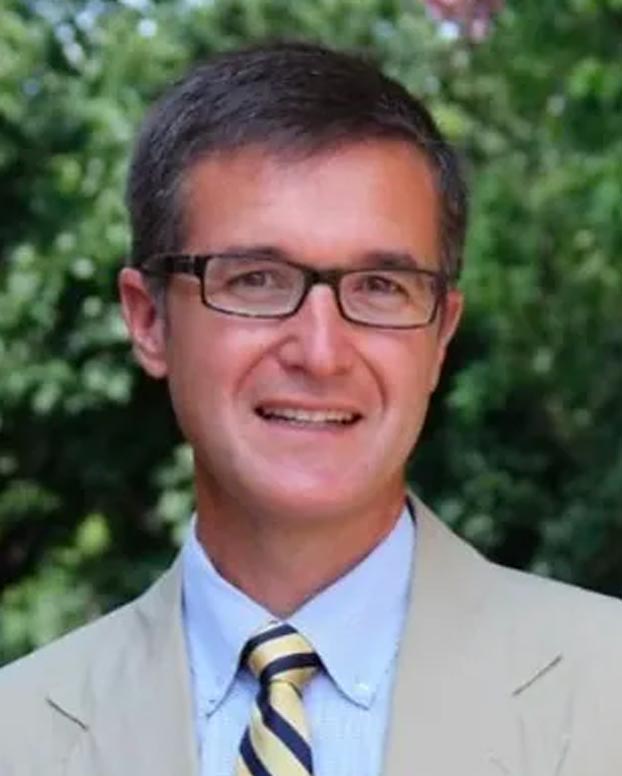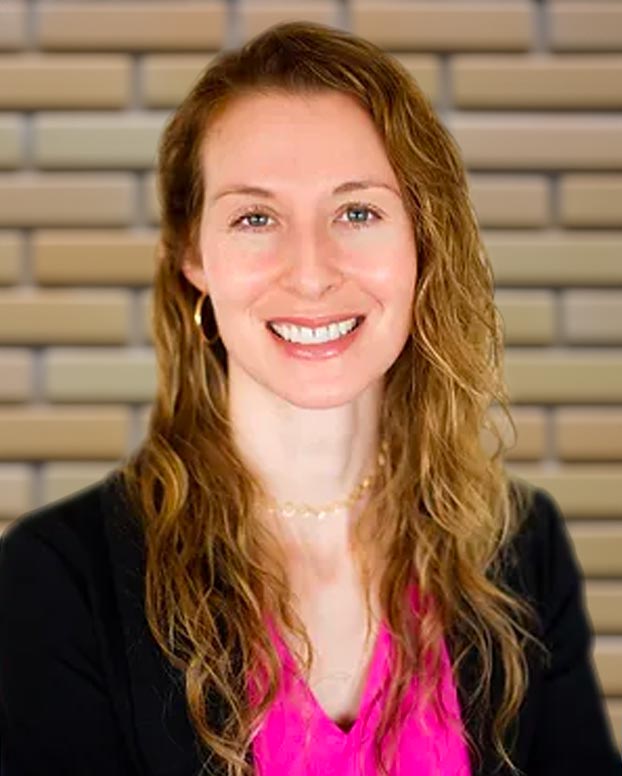How RMHS Supports Students in Bridging School and Adulthood
February 23, 2024
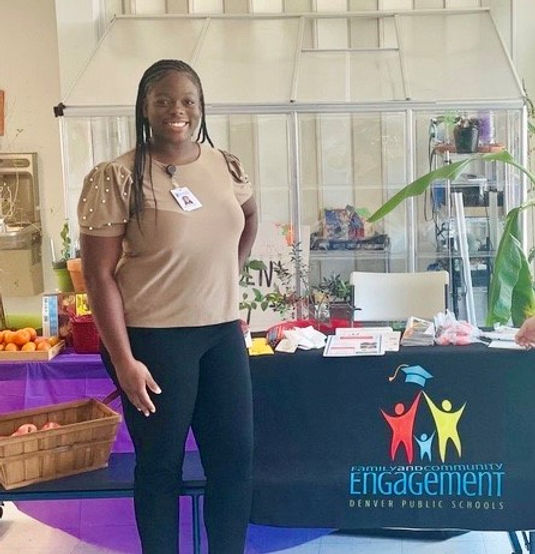
Navigating the challenging bridge from the structured stability of K-12 classrooms to adulthood can feel overwhelming. Rocky Mountain Human Services (RMHS) supports graduating students with intellectual and developmental disabilities and their families during this crucial transition period through the work of School Community Liaisons who partner with the staff of Denver Public Schools (DPS). In the photo above, you can see RMHS School Community Liaison, Rae Scott, working alongside the DPS Family and Community Engagement team to connect with families.
Navigating the transition from school to adulthood can be daunting for young adults with intellectual and developmental disabilities (I/DD) and their families. After more than a decade of stability and support in K-12 settings, the uncertainty of the future can be overwhelming. Parents often worry about what their child will do during the day after they exit the school system, and many don’t know what steps should be taken once school comes to a close. RMHS is committed to supporting students and families through this transition with the help and specialized expertise of School & Community Liaisons. In collaboration with Denver Public Schools (DPS), RMHS ensures that exiting students are connected to crucial community resources, case management, and various options that can make a huge difference in quelling family and student apprehensions surrounding the future.
Over the years, RMHS and DPS have partnered to alleviate fears and guide young adults with I/DD toward fulfilling employment, higher education, and independent living. In an interview with Julianne Suby, an RMHS School & Community Liaison, we explore how RMHS supports students during this crucial transition.
How do schools, including those in DPS, support students exiting the K-12 system?
Denver students with disabilities can get help planning for life after high school through a federally mandated program called Transition Services. DPS defines transition services as a set of services that help students plan for their future in career, education, and independent living.
Starting at age 15, DPS staff share information about these services with families. From ages 15 to 17, DPS helps students think about what they want to do after school. For students between the ages of 18 to 21, DPS also offers classroom-based transition services. These help with career exploration, spending time in the community, and developing both job and life skills.
Some students with I/DD don’t choose to remain in the classroom for all three of these years; however, no matter when they exit school, RMHS and DPS are committed to making sure students and families know about all the options available to them.
RMHS and DPS partner to create a bridge between school and adult supports.
RMHS partners with DPS to ensure students with disabilities exiting the school system enter adulthood with access to case management, continued services, and the knowledge that with RMHS support, there is a continued network of people and resources ready to support these young adults. RMHS School & Community Liaison, Julianne Suby, is the point person for bridging the gap between the two organizations.
“Like the public educators and staff that I work with in DPS,” Suby shares, “RMHS staff are dedicated to ensuring the success of individuals with special needs.”
Suby works closely with social workers, psychologists, teachers, and case mangers throughout the school district to educate them about the various services, supports, and eligibility requirements for I/DD programs at RMHS. To be considered eligible, individuals need an I/DD determination.
She also shares information on other Colorado resources and waivers that families can apply for including Mill Levy funding if the young adult in question resides within Denver County.
Notable community organizations in the area that Suby often recommends include El Grupo Vida and Project Worthmore. As Denver experiences an unprecedented number of recent migrant arrivals, DPS enrollment numbers have ballooned with more than 2,800 newcomers enrolling in the city’s schools this past year. Since many of these migrant children and their families arrive speaking languages other than English, the two organizations above are key in providing multilingual services to non-English speaking families with children with I/DD.
Expanding the support network and fostering independence.
Many parents of children with I/DD feel apprehension surrounding the “what ifs” of their child’s future. “What if I’m not around? What if others can’t care for my child like I do? What if they don’t understand my child’s needs?” are some common worries that parents face, Suby explains. Therefore, she highlights the importance of proactively building a network of support people who acutely understand the young adult’s needs.
When attending transition and Individual Education Plan (IEP) meetings to share options and RMHS services, Suby says, “I punctuate the need for a team of supports to ensure that their loved one has the care they need if they aren’t around. I also highlight the importance for them to be parents and take a step back from caregiving.”
The School & Community Liaisons encourage families to utilize caregiving supports, which offer opportunities to decompress and rest from the ongoing responsibilities that both parenting and caretaking require. Suby connects families with agencies like RMHS that pair families with case managers and ongoing support when school comes to an end.
“Being both a parent and a caregiver is a lot and can be draining,” Suby explains. “I work to relay the importance of stepping back and allowing others to help and give their loved one the opportunity to explore independence.”
Suby consistently emphasizes that case management support is tailored to fit individual and family needs.
Future possibilities hinge on the young adult’s interests, goals, and dreams
In addition to the expanded network of support, an overarching goal of the partnership between RMHS and DPS is to ensure that students’ goals, hopes, and interests are forefront in conversations about the future. “Tapping into those little interests that these young adults have, whether that be musical production or specific art or working with animals really lets them open their minds to the creative possibilities that they want,” Suby shares.
RMHS can provide many supports to young adults with I/DD that their families may not have been aware existed. Upon being connected to RMHS and seeing the quantity of different individualized support available, families often feel a sense of relief and hope for their young person as the understanding that their options are not so limited sinks in.
Questions that Suby encourages families to consider include:
- Can they live independently?
- Do they want to live independently?
- Are they interested in higher education?
- Do they want to pursue an internship or apprenticeship?
RMHS can support Denver County residents in pursuing any of the above through case management services, financial support from the Mill Levy program, and connections with local community initiatives.
The continued impact of building greater awareness of RMHS within DPS
The constant day-to-day of both caregiving for a young individual with I/DD and the day-to-day tasks and demands of serving students in school can sometimes lead to overload and overwhelm, thus limiting time to think about planning for the future. Suby emphasizes that her role is to do the heavy lifting to ensure both families and school staff know about the variety of supports that RMHS can provide.
Despite the transience of both the nearly 90,000 students of DPS and its thousands of educators, Suby feels proud of the greater awareness of RMHS she has helped build throughout the sprawling school district.
“There is more cross-agency collaboration and construction of wraparound supports for a wider number of young adults exiting the school system. The individuals we all care about are finding success and independence in ways they may have only dreamed about previously. Families are grateful and celebrating the successes they didn’t know were possible.”
Help spread the word about RMHS
If you have connections to DPS educators or know a family of a student with I/DD planning to exit the school system soon, please share this article with them. RMHS wants to ensure all DPS students with disabilities connect with RMHS and understand just how many possibilities their futures hold.
When asked what she would like to tell any young person with I/DD exiting the school system about RMHS, Suby beautifully stated how RMHS can support a young person with I/DD forging their own path.
“It’s like passing of the torch– not only are you graduating from high school, but you are also entering adulthood and it’s filled with all these new possibilities. You have this freedom to construct what your future and community would look like. Let us help you construct that with you alongside your family and all the people who care for you. With you at the helm. You’re the captain of the ship. We’re your support people to help you get there.”
If you have questions about anything pertaining to RMHS and don’t have a direct contact, please reach out to RMHS School and Community Liaison, Julianne Suby. She is available to answer any questions related to RMHS programs and services or help direct you to the most appropriate individual to assist. If you don’t know where to start, Julianne can provide information about eligibility and walk you through the application process.
The easiest way to contact Suby is via email at jsuby@rmhumanservices.org.


